Members
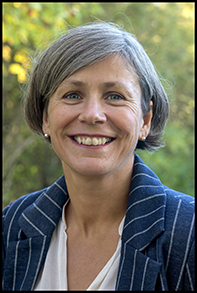 |
Cathrine Baglo is a researcher at Tromsø University Museum. Her work focuses on the (South) Sámi as actors in the representational practices of the nineteenth and early twentieth centuries, and the “messy” side of museum history. In SoDiSámi she will contribute to the work packet Museums as Arenas for Production and Dissemination of Knowledge on Sámi Cultures,Societies and Identities with investigations of museums as showcase for outdoor Sámi camps and the significance of ethnographic postcards. |
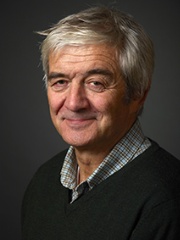 |
Ivar Bjørklund is a professor at the Department of Cultural Sciences, Tromsø University Museum. He has been doing research and published books and articles on inter-ethnic relations in Northern Norway, ethno-history and different forms of Sámi management regimes regarding coastal fishing and reindeer pastoralism. His contribution to the SoDiSámi project is to analyze the ways governmental policy has shaped scientific research regarding the Sámi and how this research in turn had consequences for the Sámi political and economic situation. Locus will be Sámi reindeer herding through the last 150 years. |
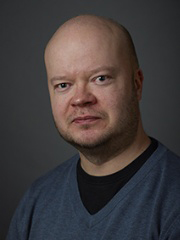 |
Jukka Nyyssönen Dr. artium, researcher Jukka Nyyssönen (born 1970) is the project leader of the SoDiSámi. Nyyssönen has worked at the departments of history at the University of Jyväskylä and UiT - the Arctic University of Norway, as well as Tromsø University Museum. He has studied Sami history from several angles, e.g. environmental history, history of education and history of science. In the project, he compares the mid-20th century paradigm shift in the end-phase of Lappological research as well as the implementation of the knowledge produced on the Sami in the committee-institution in Finland and Norway. |
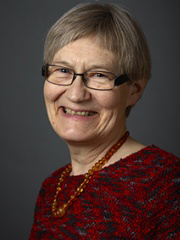 |
Dikka Storm Cand. Polit., is a senior researcher at the Department of Cultural Science, Tromsø University Museum. Her main research is focused on Sámi culture and society in the region of South Troms, Northern Norway. Through the research project 'Coastal Sámi settlement and their management of Resources', diverse perspectives has been developed to approach different themes such as demography, reindeer herding, norwegianization and education, religious studies, the protection of Sámi language and placenames, in addition to historiographic studies. Within the project ‘SoDi-Sámi' she will contribute to the workpacket ‘Museums as Arenas for the Production and Dissemination of Knowledge of Sámi Cultures, Societies and Identities’ with a corresponding continuation of the theme «The research on Sami culture, history and society – the role of the museum institutions from the 1930s to the 1960s.» |
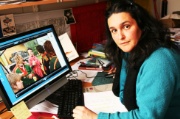 |
Rossella Ragazzi is an associate professor at the department of cultural sciences, Tromsø University Museum (The Arctic University of Norway). She obtained her PhD in 2005. She is a visual and museum anthropologist and an independent filmmaker. She specialized on minority-majority relations, memorialisation and museums, mobility and migration. For SoDiSami she will do research within the disciplines of Museum Anthropology and Cultural studies covering a period of two decades starting from the new millennium. She will retrace some of the epistemological discourses, curatorial practices, and museum performances in the production and mediation of Sámi cultural heritage (both tangible and intangible) initiated, hosted or facilitated by Tromsø University Museum. |
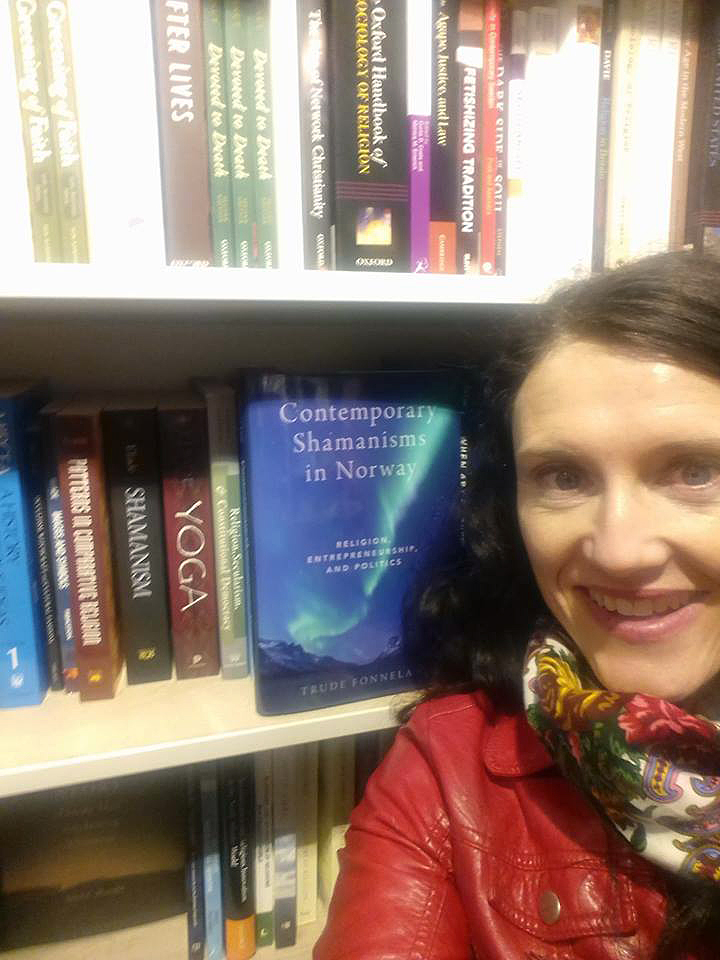 |
Trude A. Fonneland Trude A. Fonneland is a professor at the Department of Culture Studies, Tromsø University Museum (The Arctic University of Norway). Her research interests revolve around contemporary religion, tourism, popular culture, and museology. She is the author of Contemporary Shamanisms in Norway: Religion, Entrepreneurship and Politics (Oxford University Press 2017). In SoDiSámi Fonneland contributes with analysis of the knowledge and representation of the Sámi produced and disseminated by the Tromsø University Museum - a particular focus is devoted to the work of two of the insitutions's researchers, Just Qvigstad (1853-1957) and Ørnulv Vorren (1916-2007). |
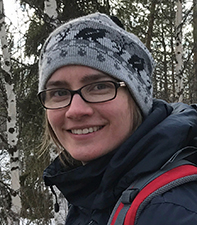 |
Laura Junka-Aikio holds a PhD from the University of East London. Her research is concerned with questions of colonialism and politics of knowledge in the context of contemporary societies, especially in the contexts of the Palestinian's struggle and the Indigenous Sami. She is the author of Late Modern Palestine: The subject and representation of the second intifada (Routledge, 2015), and a co-editor of the Cultural Studies special issue "Cultural Studies of Extraction" (2017). Junka-Aikio contributes to Sodi-Sami by analyzing the politics of Sami research in contemporary Finland. Her publications related to the project include "Indigenous Culture Jamming: Suohpanterror and the art of articulating a Sámi political community" (forthcoming, Journal of Aesthetics and Culture") and "Can the Sámi Speak Now? Deconstructive research ethos and the debate on who is a Sámi in Finland" (2016, Cultural Studies, 30:2), which was the recipient of the first annual Cultural Studies and Stuart Hall Foundation Award for Early Career Researchers in 2017. |
| Anni-Siiri Länsman | |
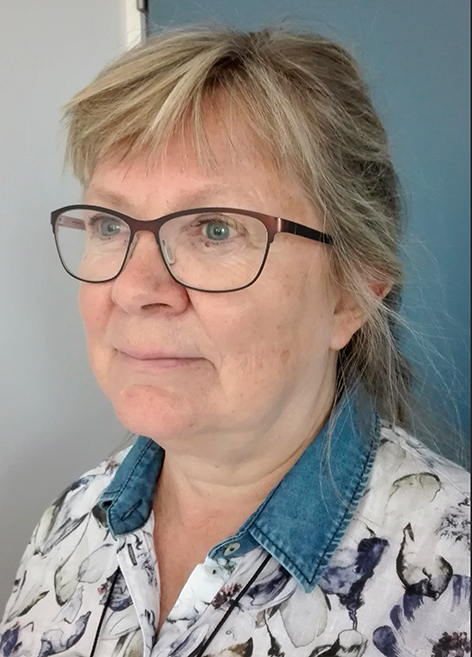 |
Ph.D. Terttu Kortelainen, is university lecturer of Information Studies at the University of Oulu, Finland. Her research interests focus on attention economy, informetric research and information literacy. Her publications consist of study books and articles of attention economy, informetrics, social media, literacies and e.g. evaluation of public libraries. She is member of the editorial board of Tampere University Press, and the publication board of the Finnish Information Studies publication series. |
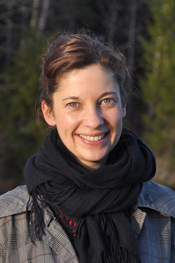 |
Coppélie Cocq is an Associate Professor in Sámi at Humlab, Umeå University, Sweden. Her main research interests are expressive culture, cultural politics as well as digital media use and digital practices in Sámi communities. Her contribution to the SoDiSámi project focuses on contemporary conditions and prerequisites for conducting Sámi research in the Nordic countries. More specifically, she examines the impact and implications of the increasingly digital media landscape on the redefinition of knowledge production and expertise in Sámi contexts in relation to the standards of Indigenous methodologies. |
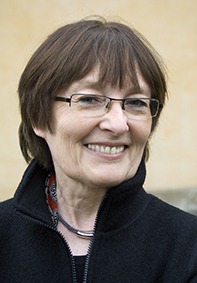 |
Eva Silvén is a former curator and researcher at the Nordic Museum in Stockholm, working in various fields including difficult heritage, diversity and indigenous issues. She has extensive experience from research projects, exploratory undertakings, collaborative networks, advisory and editorial boards. Her contribution to SoDiSami will be a study of the Sami related research and collecting at the Nordic Museum in Stockholm, with focus on the curator Ernst Manker and his period ca 1930–1970. Previously, she has worked on the effects of his work. For SoDiSami she will develop other aspects: What are the methods for judging the societal impact of Manker’s work, as well as for Sami research in general? Manker’s collecting and research was a construction of knowledge, situated from his position and in collaboration with Sami people – but can it be considered a Sami cultural heritage? If not – what are then the methods for decolonising and reappropriating it? |
| Silje Opdahl Mathisen | |
|
Antti Aikio |